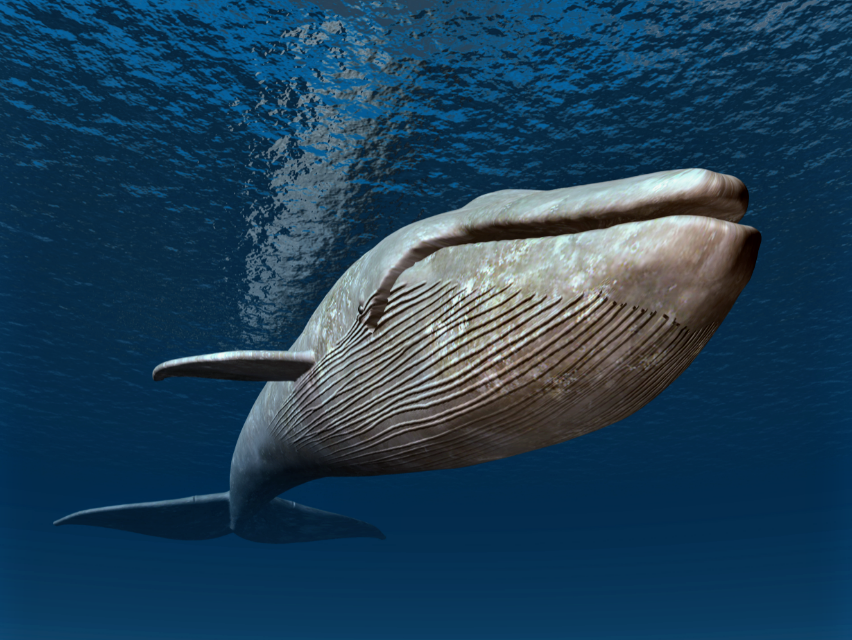Researchers from the Smithsonian National Museum of Natural History recently concluded that whales eat around three times more food than was previously thought. This larger increase in nutrients means that the large whales excrete an enormous amount of nutrients that contribute to ocean ecosystems, making their role in marine productivity immense.
Overall, restoring whale populations to their 20th-century numbers could have a highly beneficial impact on the lost marine productivity to climate change, “boosting the amount of carbon dioxide that is taken up by phytoplankton and thus helping to mitigate global warming.”
